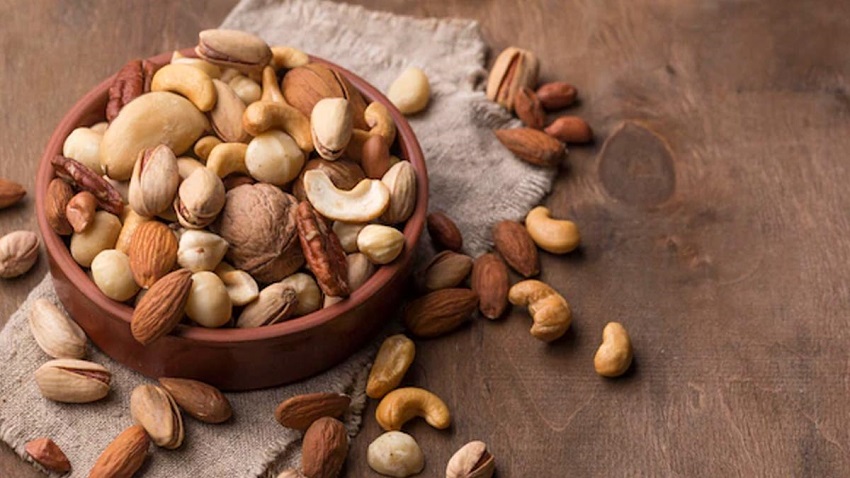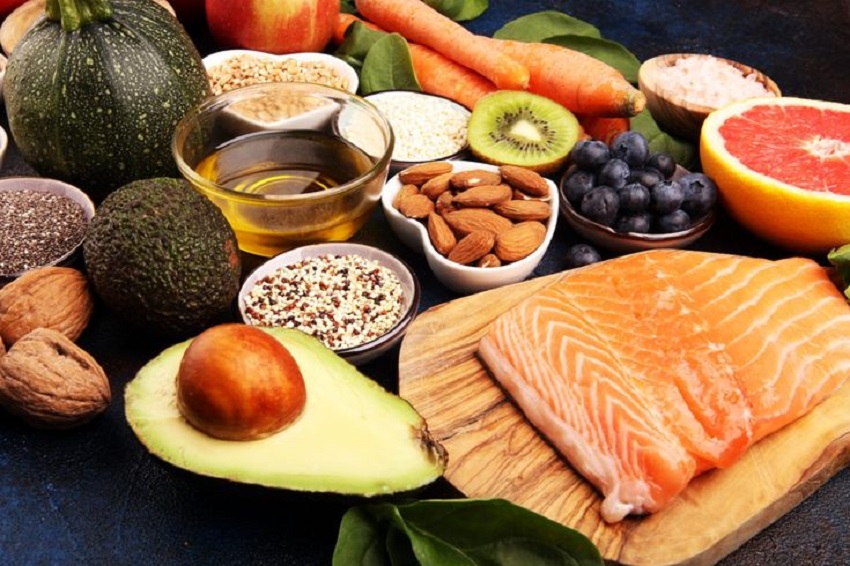In the quest for a healthier lifestyle and a more muscular physique, protein intake plays a pivotal role. Whether you’re a dedicated athlete, a fitness enthusiast, or just someone looking to maintain their overall well-being, consuming an adequate amount of protein is crucial. However, figuring out how to get 200g of protein a day can be a daunting task for many. Fear not! In this article, we’ll break down the science behind protein consumption, debunk common myths, and provide you with practical tips to achieve your protein goals. This content is brought to you by Ezhealthinsurance.org.
Hitting the 200g Protein Mark: Is It Really Necessary?
Understanding Protein’s Role in the Body
Protein serves as the building block for tissues, muscles, enzymes, and hormones. It’s essential for repairing and growing cells, regulating bodily functions, and supporting a healthy immune system. While 200g of protein may sound like a lot, it might be necessary for individuals engaging in intense physical activity or those with specific fitness goals.
Tailoring Protein Intake to Your Goals
The amount of protein you need depends on factors such as your age, weight, gender, activity level, and fitness objectives. If you’re looking for a way to increase your protein intake without consuming too many calories, incorporating low calorie high protein foods into your diet is a great option. While some people may thrive on a lower protein intake, others might require higher amounts to repair muscle tissue and promote muscle growth.
Choosing the Right Protein Sources
Diversify Your Protein Plate
Incorporating a variety of protein sources ensures you receive a well-rounded nutrient profile. Include lean meats like chicken, turkey, and fish, as well as plant-based options such as beans, lentils, and tofu. Each source offers unique benefits and contributes to your overall protein intake.
The Power of Whey and Plant-Based Protein Powders
Supplements can be a convenient way to boost protein intake, especially for those with busy schedules. Whey protein is rapidly absorbed and rich in essential amino acids. On the other hand, plant-based powders provide an excellent alternative for vegetarians and vegans, offering protein from sources like peas, rice, and hemp.
Strategic Meal Planning and Preparation
Protein-Packed Breakfast Ideas
Kickstart your day with protein-rich options like Greek yogurt parfaits, scrambled eggs with spinach, or a smoothie blended with protein powder, fruits, and greens. A protein-packed breakfast sets the tone for the rest of the day.
Balanced Protein Snacking
Choose snacks that provide a protein punch, such as a handful of nuts, cottage cheese, or a protein bar. These options curb hunger while supporting your daily protein intake.
Protein Timing: Pre and Post-Workout Nutrition
Consuming protein before and after your workouts aids in muscle recovery and growth. Opt for a combination of protein and carbohydrates to fuel your workouts and replenish glycogen stores.
Overcoming Common Protein Myths
Myth: More Protein Means More Muscle
While protein is vital for muscle growth, excessive consumption doesn’t guarantee more gains. The body can only absorb and utilize a certain amount of protein, making balanced intake more effective than excessive consumption.
Myth: Plant-Based Proteins Are Incomplete
Contrary to popular belief, plant-based proteins can provide all essential amino acids when combined strategically. Pair foods like rice and beans or whole grain bread with nut butter to create complete protein sources.
Staying Consistent and Sustainable
Set Realistic Goals
Aiming for 200g of protein a day might be appropriate for bodybuilders, but it might not be sustainable for everyone. Set achievable protein goals based on your individual needs and preferences.
Listen to Your Body
Pay attention to how your body responds to different protein intake levels. Adjust as needed to find the amount that best supports your energy levels, recovery, and overall well-being.
Conclusion
Incorporating 200g of protein into your daily routine might seem like a daunting task, but with proper planning and awareness of your body’s needs, it’s achievable. Remember that protein is just one piece of the puzzle; a balanced diet, regular exercise, and adequate rest are equally essential for your overall health and fitness journey.
FAQs
- Can I consume all 200g of protein in one meal?
It’s not recommended. Spreading protein intake throughout the day helps your body absorb and utilize nutrients more efficiently.
- Are there any risks associated with high protein intake?
Excessive protein intake can strain the kidneys over time. It’s crucial to stay within recommended limits and consult a healthcare professional if you have concerns.
- Can I get enough protein on a vegetarian or vegan diet?
Absolutely. With careful planning and incorporating a variety of plant-based protein sources, you can meet your protein needs effectively.
- Are protein supplements necessary?
Whole food sources should be your primary protein providers. Supplements can help fill gaps, especially for those with increased protein requirements.
- How long does it take to see results from increased protein intake?
Results vary based on factors like your starting point, fitness routine, and genetics. Consistency is key; give your body time to adapt and show progress.


